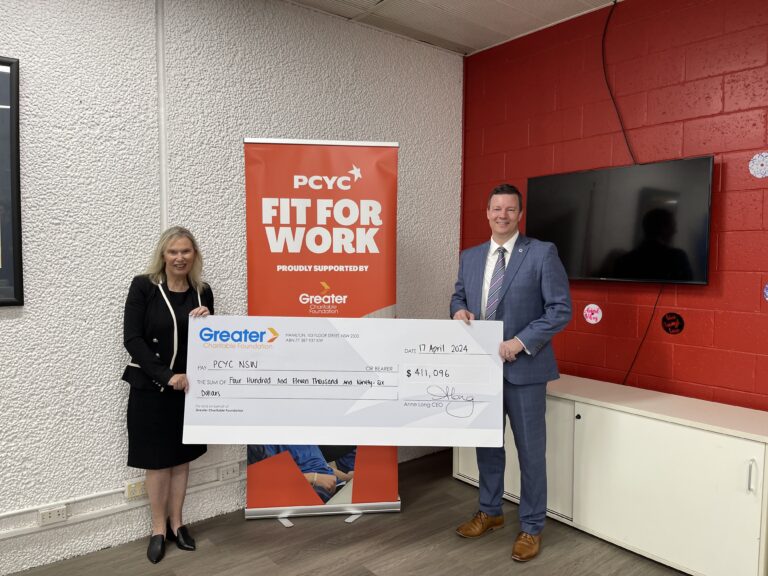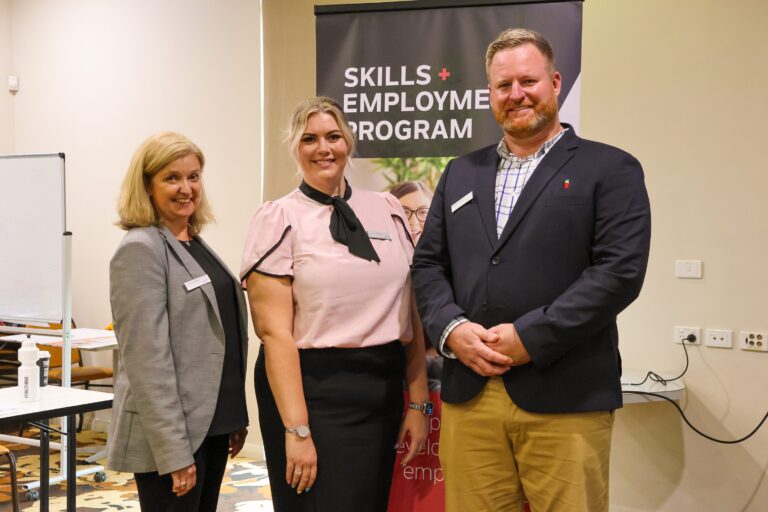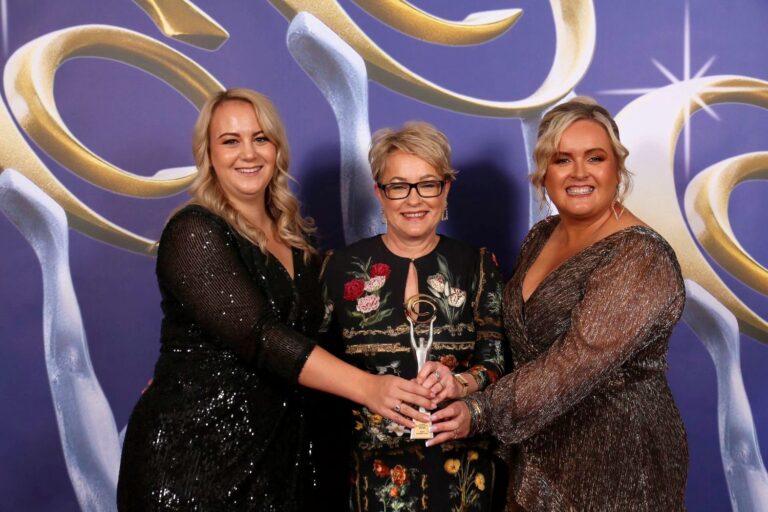New Year is a natural time to focus on hopes, dreams and goals for the next 12 months.
It is like a fresh start with a whole new year ahead of you. A blank canvas for you to paint on, to create a new masterpiece plus there is the festive spirit’s optimism to keep you buoyed.
These resolutions can be personal or business orientated, no matter the slant you take; they are generally set around health, lifestyle, finances and relationships. Personally, they sound like this: lose weight, take a trip, pay off debts and spend more time with the children. Business wise it might be delegate x per cent of my work, become known as an expert in our field, increase sales by x per cent, play golf with business associates once a month.
We think this is enough and that the sincerity of our desires plus our will power will be enough. Except it isn’t. Only 9.2 per cent of people feel successful in achieving their resolutions according ‘New Years Resolution Statistics’ published in the University of Scranton’s Journal of Clinical Psychology.
We all start off with good intentions and stick to our newly desired behaviours and typically last two to three weeks. Until we become tired, distracted or feel under stress; in which case we revert back to normal.
Resolutions are based on a misunderstanding of how human behaviour emerges and how we can influence it.
Some people say it takes 21 days to change a habit. In fact, it takes as long as it takes.
The short story is:
- You don’t stop habits, you replace them.
- You need to grow into your new behaviour and this takes time.
Habits, by definition, don’t need your conscious thought in order to execute them. The whole point of a habit is to enable you to do something without thinking – thereby freeing up your conscious mind for other things.
They are conditioned routines that the brain has learned to apply to a given set of circumstances and cues. The whole point of learning anything is so that you don’t need to think about it afresh each time you do it.
Imagine how exhausting it would be if you needed to concentrate, with your full attention, on all the mechanics of driving your car each and every time you got behind the wheel.
Attempting to change a habit through the simple and direct application of conscious will is immediately clashing with everything the brain is set up to do.
If you get frustrated in a business context with people revisiting issues you have already agreed on, then extend that thinking to a mind/brain that is being asked to re-program your long, well-established morning routine to include ‘go for a jog’.
It would be like your brain saying, “I’ve already got this sorted, why are we doing something different?” It will only take you hitting the snooze button once to undermine the whole ‘messing with the morning routine’ experiment.
It is the same in business – to change a work or organisation’s habit; it needs more attention than a group email or notice board poster.
Your non-conscious mind is working 24/7, can do parallel processing, is super powerful and a specialist at running the program that is you – maintaining your normal. As Daniel Kahneman explained in his book Thinking, Fast and Slow, your conscious mind can only focus on one thing at a time.
The moment your conscious mind is busy, tired or your attention is elsewhere is the moment your sub-conscious mind can ‘run pre-existing program’ without restraint and welcome back the old habit.
If you really want to change your habits, it can be done, however, it takes time, patience, belief and accountability.
AUTHOR | Nigel Donovan
Nigel Donovan is a personal leadership coach who works primarily with CEOs, general managers, business owners and their executive teams – so they can work in a more open, collaborative and effective way.






